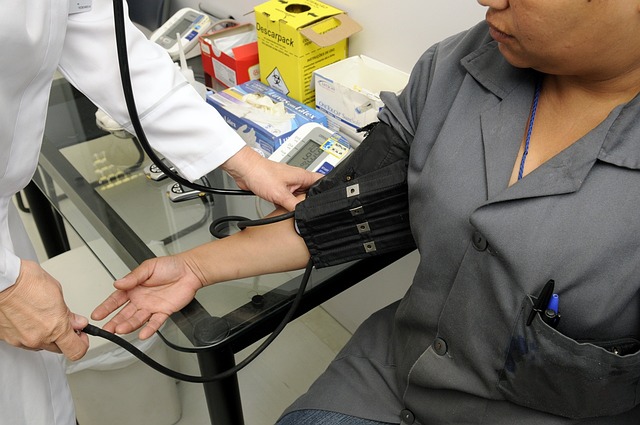In the world of poker, a game often characterized by high stakes and intense psychological battles, the art of assessment is paramount. Whether you are a novice player trying to find your footing or an experienced shark hunting for weakness in your opponents, mastering the skill of assessment can set you apart from the pack. It’s not merely about the cards you are dealt; it’s about how you perceive the entire landscape of the game, including your opponents’ behaviors, betting patterns, and emotional cues.
At its core, assessment is the ability to analyze and interpret information quickly. It’s about reading the table, understanding the nuances of each player’s style, and adjusting your strategy accordingly. This dynamic skill is vital in a game where one misstep can lead to significant losses and where gaining the upper hand can change your fate. The importance of developing this skill cannot be overstated; it is the backbone of successful gambling.
To start refining your assessment abilities, consider practicing mindfulness at the poker table. This means being fully present and aware of what is happening around you. Each time you enter a hand, gather as much information as possible—not just from your cards but from your opponents’ actions, facial expressions, and movements. Are they fidgeting? Do they lean in closer when they have a strong hand? These subtle clues can inform your decision-making and help you gauge their level of confidence.
Another crucial element of assessment involves understanding the mathematical aspects of poker. Familiarize yourself with concepts such as pot odds and implied odds. Knowing the statistics can give you a significant edge in decision-making. For example, if you assess the odds of completing your drawing hand as favorable, you might choose to call a bet instead of folding. Conversely, if the odds are against you, it may be time to step back and reassess your strategy.
Moreover, each session offers an opportunity to learn and adapt. Reflect on your past games and examine the decisions you made, both good and bad. Self-assessment is a critical part of growth in poker; it allows you to identify patterns in your play and increase your strategic comprehension. Take notes on what worked, what didn’t, and why certain actions led to specific outcomes. Over time, this record-keeping will bring clarity to your thought processes and improve your game.
While poker is often seen as a game of chance, the reality is that successful players incorporate a mix of skill and psychological warfare. The truly exceptional player utilizes assessment not just to play their own hand effectively, but to manipulate the flow of the game, gaining insights into other players that can turn the tide in their favor. Gambling in poker is as much about your perceived image as it is about your actual cards. The more adept you become at reading your opponents, the more power you hold over the outcome of the game.
In conclusion, mastering the art of assessment in poker is an ongoing journey. It takes time, practice, and an intrinsic desire to understand not only the game itself but the players involved. By honing your skills of evaluation and observation, you’ll be well on your way to becoming a formidable presence at the poker table, able to sway the game’s outcome with strategic finesse. So, embrace the mental challenge, trust your instincts, and get ready to elevate your poker game to new heights.




